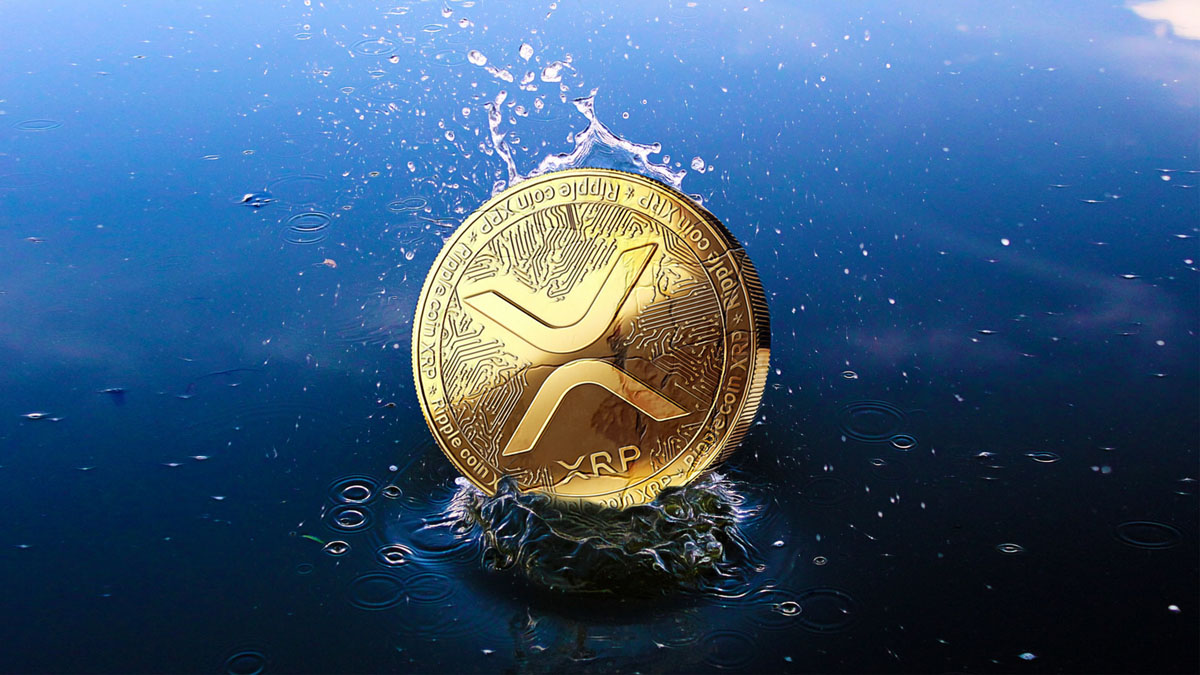In 2014, Ripple Labs initiated the launch of XRP sales through a platform named Ripple Market Korea, which ignited significant discussions regarding its sales practices. Ryan Kim, a notable partner at Hashed, raised concerns on social media, dubbing the endeavor a “Ponzi” scheme. Nonetheless, this venture played a crucial role in establishing a vibrant XRP community in the South Korean market.
What Controversies Surrounded Ripple Market Korea?
Launched in November 2014, Ripple Market Korea quickly sold its first XRP tokens within two hours. In addition to XRP, the platform offered its own token, RMK, which promised shareholders a portion of the transaction fee revenues, capturing the attention of many potential investors.
How Did Early Investors Fare?
Ryan Kim notes that South Korean investors who bought XRP in 2014 enjoyed substantial returns. A juxtaposition of historical and current XRP prices reveals a dramatic increase, showcasing the success of early adopters in the cryptocurrency landscape.
The following points highlight the significant outcomes surrounding Ripple Market Korea:
- The launch facilitated rapid sales, generating immediate investor interest.
- Marketing strategies emphasized compliance and backing from reputable organizations.
- Early adopters saw impressive profits, fueling ongoing community engagement.
The ripple effect of this initiative continues to resonate within the cryptocurrency sector, as Ripple’s sales methodology remains a debated topic among enthusiasts and critics alike.












